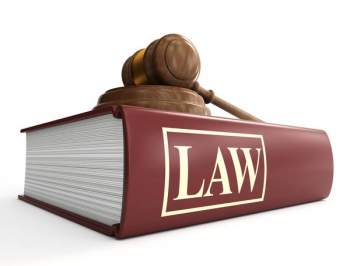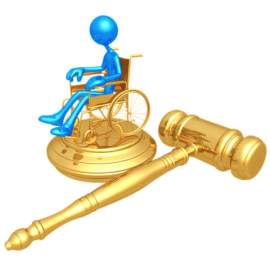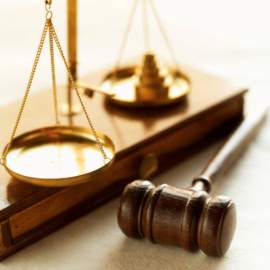
Which Law Governs Personal Injury Claims

Popular In Personal Injury
Damages Compensation Personal Injury Settlement Calculator Proximate Cause Personal Injury Lawsuit Injury Examples Of Personal Injury Cases Personal Injury Settlement Personal Injury Lawyer How To File A Personal Injury Accident Claim Personal Injury Protection Pip Personal Injury Law Firm
Personal injury law refers to the branch of the legal system that deal with harm caused to individuals that can be attributed to the actions or negligence of another. When a defendant is held liable for injuries to another, he or she will be responsible for providing compensation to the plaintiff.
A personal injury claim occurs when the plaintiff demands some kind of damages. This will be calculated in a number of ways depending on the specific circumstances of the case, but it will generally include: reimbursement for medical expenses, lost wages and future wages, and/or pan and suffer. Laws that govern how and when a personal injury claim will be made vary from state to state.
Legislation regarding a personal injury claim will be based on an award of damages to the plaintiff, as long as it can be proven that the defendant is actually responsible for the injury. This injury may result from the intentional actions of a defendant, often referred to as an intentional tort, or from negligence. An intentional tort is when a defendant purposely commits an act that is reasonably assumed to bring about injurious consequences. These are acts such as assault and battery, trespassing, and intentional infliction of emotional distress.
A negligent act will occur when a defendant fails to operate with reasonable care, and therefore, injures the plaintiff. A personal injury claim can arise from either type of situation. Also, certain statutes may permit an injured party's family members to receive compensation for the injury sustained by the plaintiff. This type of personal injury claim will usually occur when a plaintiff brings suit against a defendant, and then dies due to the injuries sustained. In this case, the personal injury claim will generally fall into the hand of the plaintiff's family who will then be able to sue for wrongful death.
A very common type of personal injury claim is damages that result from a slip and fall. These claims are normally based on a claim of negligence by the property owner where the accident occurred. A property owner could possibly avoid liability for slip and fall claims by saying that he or she acted with due diligence. This will be based on the reasonable person standard.
For example, the property owner could claim that the accident was entirely unforeseeable, and even if he or she had acted with the most care possible, the accident still would have occurred. Another types of defense to this common personal injury claim is that the defendant can place the blame on the plaintiff. This will be done by proving that the plaintiff's actions added to the likelihood that the accident would occur. Personal injury laws call for a variety of defenses that can be used by a defendant in a personal injury lawsuit.
NEXT: Types of Injury





















